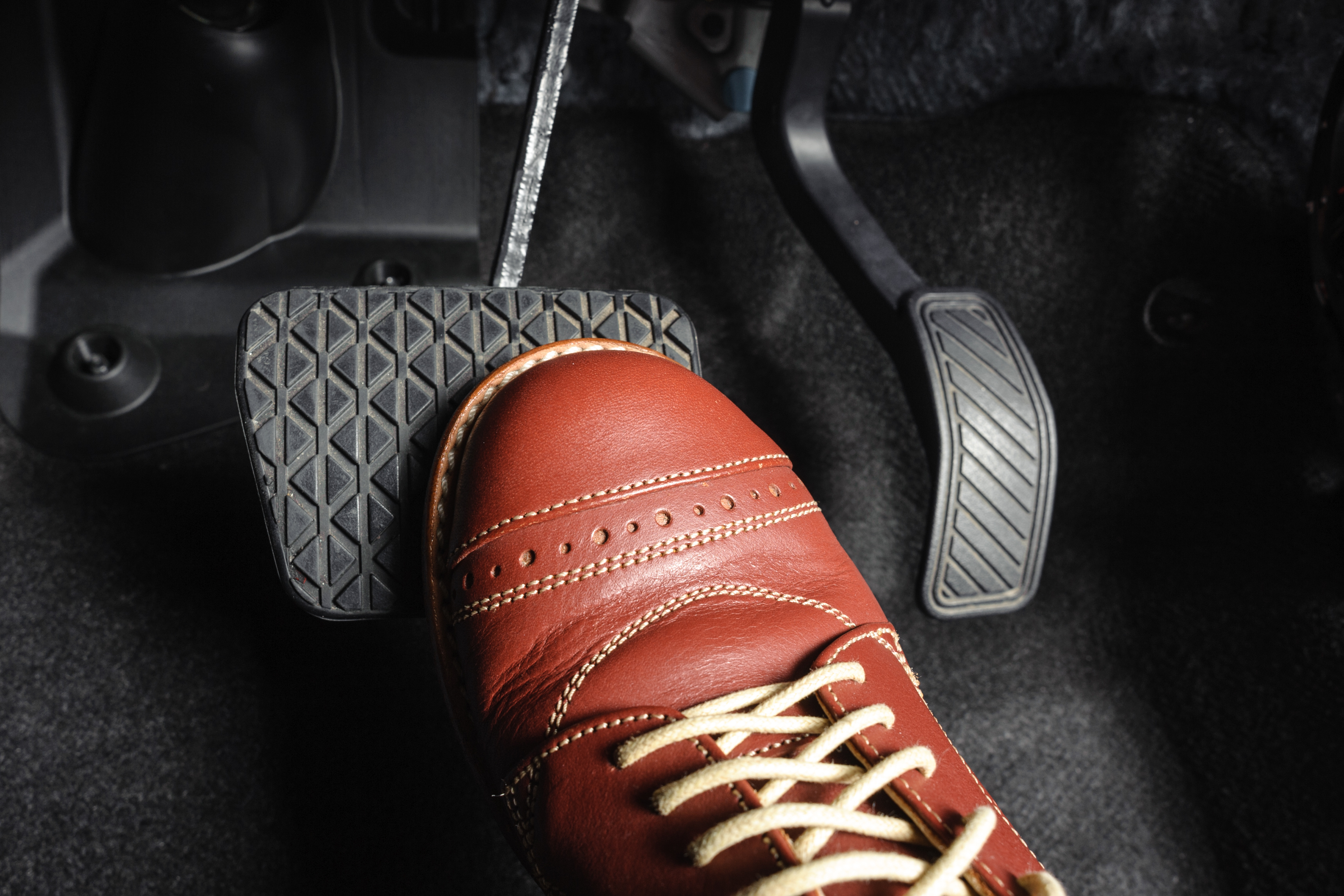
If you're driving your car and notice it vibrates when you brake, this is usually a sign of an underlying issue. While some vibrations may be expected and not indicative of any problem, others can point to potentially dangerous issues with the brakes or other vehicle parts.
In order to keep yourself safe while driving, it's essential to understand why your car is vibrating when you brake and what steps you should take in response.
What Causes Vibration When Braking?
Generally speaking, cars tend to vibrate while braking due to one of three potential causes:
- Warped rotors - Warped rotors occur when the metal part of the rotor becomes distorted from heat, causing it to vibrate while braking.
- Worn-out brake pads - Worn-out brake pads are the most common cause of vibration when braking; they can be caused by age, excessive use of brakes, or poor driving conditions.
- Faulty calipers - the part that holds the brake pad against the rotor -can also cause a car to vibrate during braking.
Dangers of Vibrating Brakes
It's important to identify why your car is vibrating when you brake, as there can be potential safety risks associated with the issue. Warped rotors can cause excessive brake heat buildup, leading to failure.
Worn-out brake pads may need to provide more friction to entirely stop the car, leading to slower stopping times or even accidents. Faulty calipers can also lead to decreased braking power and vibration while driving.
Get Your Car Fixed As Soon As Possible
If your car is vibrating when you brake, it's crucial to check the issue out as soon as possible. Ignoring such a problem can lead to more serious and potentially dangerous issues with the brakes that could put you and others at risk while driving.
If you're concerned about the issue or require assistance getting it fixed, bring your car to University Chevron, and our professional mechanics can help diagnose and fix the problem.